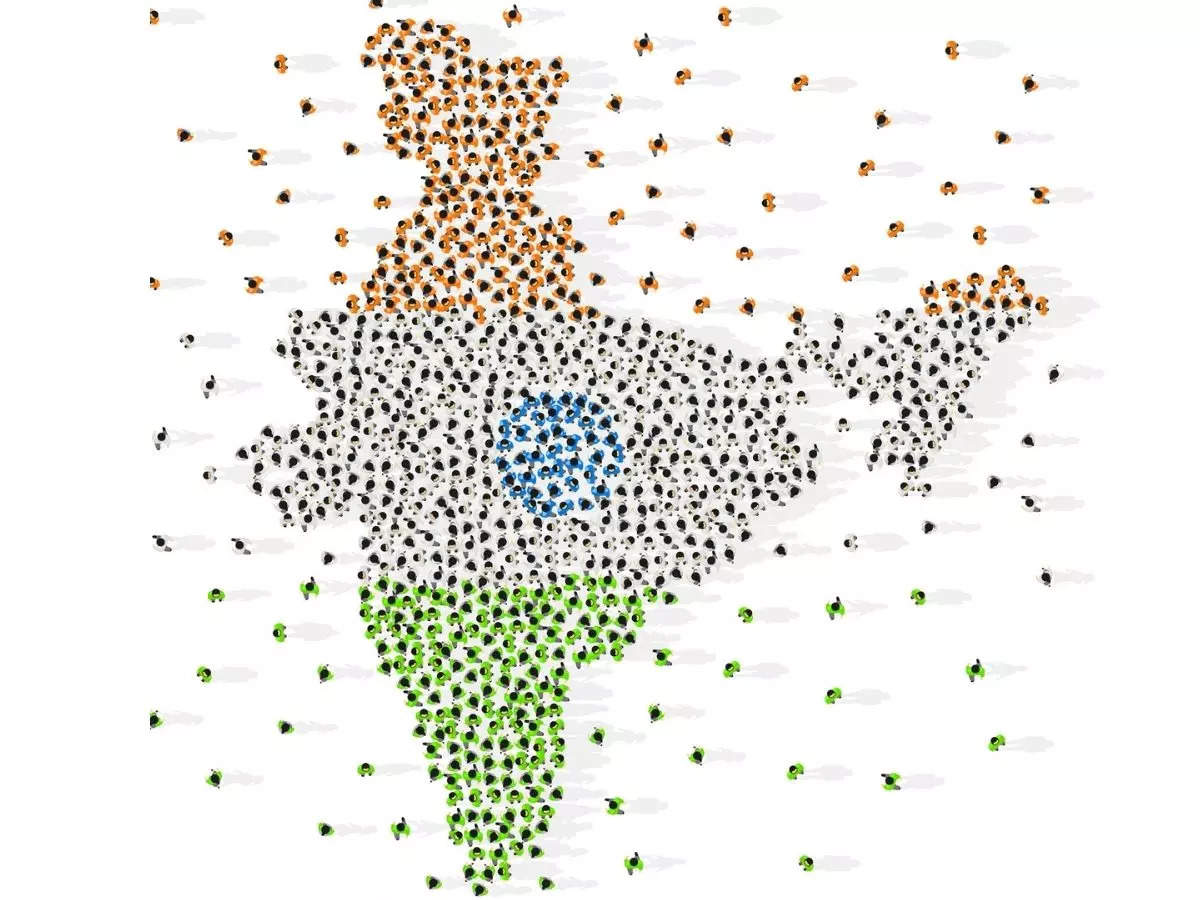
Is Hindi the national language of India? Many would say yes, while many others would disagree.
A recent Twitter banter between Ajay Devgn and Kannada actor Kiccha Sudeep has grabbed people's attention and pushed them to really question whether Hindi is in fact India's national language.
The debate started when Sudeep reportedly reacted to a comment that used the term "pan-India" to describe the reach of Kannada movies. He said, “Everyone says that a Kannada film was made on a pan-India level but a small correction is that Hindi is not a national language anymore.”
In response actor Ajay Devgn questioned the Kannada actor why all his films were dubbed in Hindi, if it was not the national language and wrote that Hindi was and will always be the national language.
Reacting to the Bollywood actor's response, Ex-Karnataka CM Siddaramaiah said, "Hindi was never & will never be our National Language. It is the duty of every Indian to respect the linguistic diversity of our Country. Each language has its own rich history for its people to be proud of. I am proud to be a Kannadiga!!"
So is Hindi our national language?
India has no national language. Although the majority of northern and western states speak Hindi, it is not the national language of the country.
The Eighth Schedule to the Constitution of India contains a list of 22 languages. In 1950, the Constitution listed 14 languages including Assamese, Bengali, Gujarati, Hindi, Kannada, Kashmiri, Malayalam, Marathi, Oriya, Punjabi, Tamil, Telugu, and Urdu. However, the list was expanded thrice which led to the inclusion of Sindhi, then Konkani, Manipuri and Nepali and then four more languages, Bodo, Santhali, Maithili and Dogri, totalling it to 22 scheduled languages.
While Hindi is not a national language, article 343(1) of the Indian constitution specifically mentions that Hindi in Devanagari script and English are the official languages in India.
What your child should know about the difference between national and official language
The primary difference between national and official language is that while the former is associated with the country’s socio-political and cultural functions, the latter has more to do with the government and its affairs.
That said, an official language does not refer to the language used by a people or country, but by its government, whereas a national language is spoken by a large part of the population of a country, which may or may not be designated an official language.
FAQs
What is a national language?
National language refers to a language that is spoken by a large population of people in a nation, associated with the socio-political or cultural aspect. What is the difference between national and official language?
While national language is associated with the country’s socio-political and cultural functions, the official language serves as a language of administration i.e. it has to do with the government and its affairs. Does India have a national language?
No. India does not have a national language, but according to article 343(1) of the Indian constitution, Hindi in Devanagari script and English are the official languages in India.







